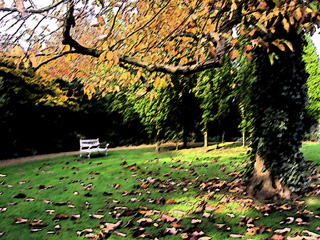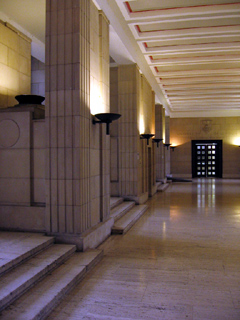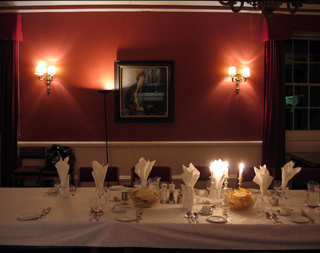The infamous Wadham College Queer Bop is coming up this Saturday. Tickets go on sale today, and cost £8. My experiences last time were mixed: it is certainly not the progressive and politically aware event that is has sometimes been misrepresented as. Rather, it is mostly a large group of drunk undergraduates, out in the cold (or in a big tent) while wearing unusual costumes. The weather forecast predicts a low of four degrees for Saturday: a possibility that people may want to take into account when selecting their attire.
My two entries about it from last year are here: early, late. Some of my photos from last year are on Facebook.
All that said, it is basically the event for which Wadham College is most famous. It doesn’t cost anything to me, and it offers some unique photographic opportunities. I will drop in for at least a little while.
[Update: 20 November 2006] My entries about the 2006 Queer bop are here: short Queer Bop 2006 entry / long Queer Bop 2006 entry.




